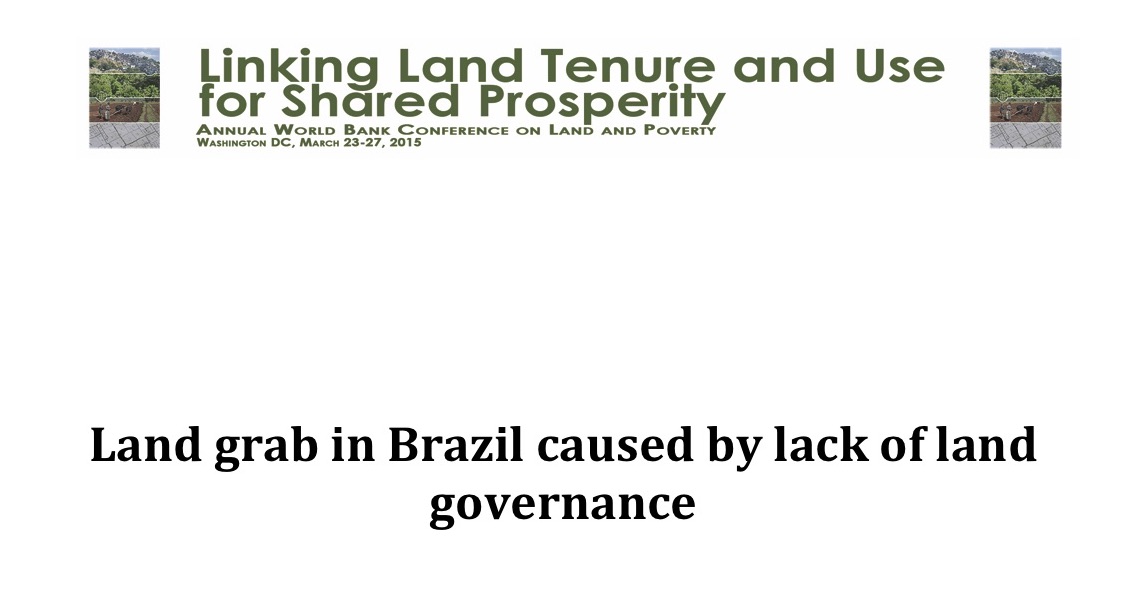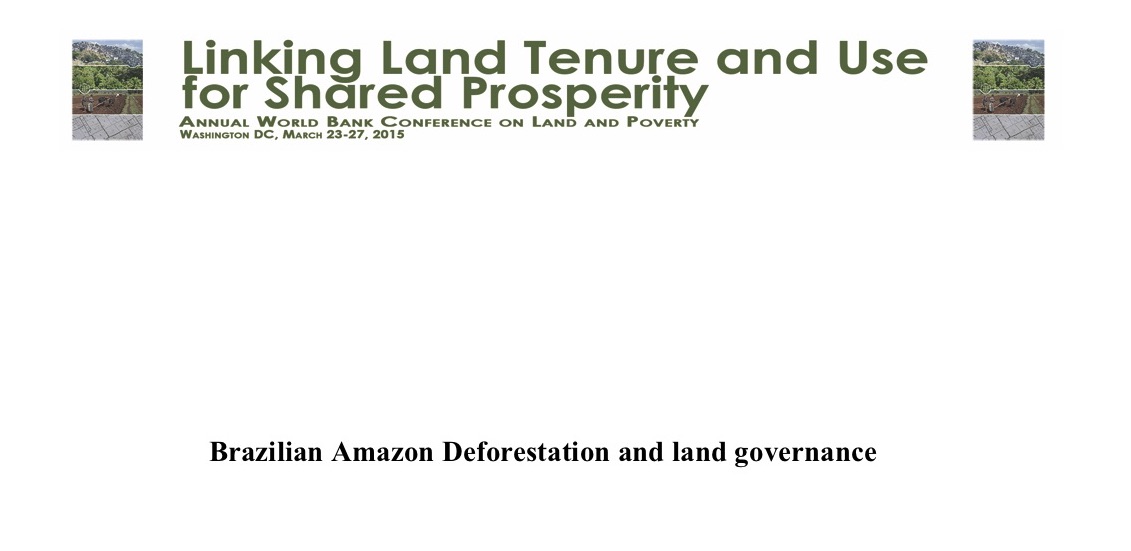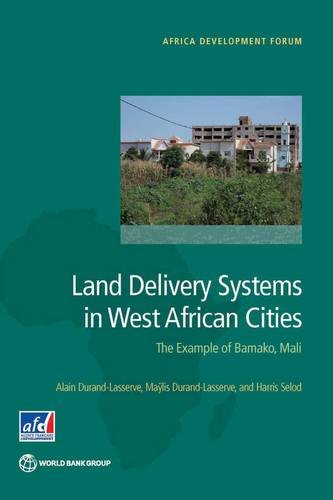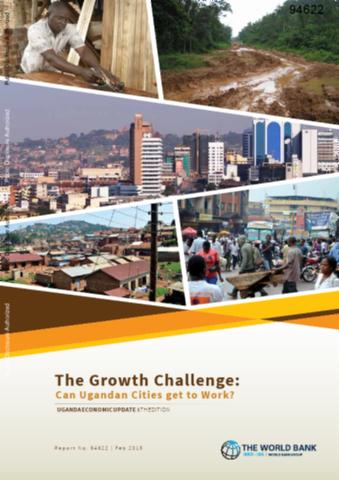The World Bank is a vital source of financial and technical assistance to developing countries around the world. We are not a bank in the ordinary sense but a unique partnership to reduce poverty and support development. The World Bank Group has two ambitious goals: End extreme poverty within a generation and boost shared prosperity.
- To end extreme poverty, the Bank's goal is to decrease the percentage of people living on less than $1.25 a day to no more than 3% by 2030.
- To promote shared prosperity, the goal is to promote income growth of the bottom 40% of the population in each country.
The World Bank Group comprises five institutions managed by their member countries.
The World Bank Group and Land: Working to protect the rights of existing land users and to help secure benefits for smallholder farmers
The World Bank (IBRD and IDA) interacts primarily with governments to increase agricultural productivity, strengthen land tenure policies and improve land governance. More than 90% of the World Bank’s agriculture portfolio focuses on the productivity and access to markets by small holder farmers. Ten percent of our projects focus on the governance of land tenure.
Similarly, investments by the International Finance Corporation (IFC), the World Bank Group’s private sector arm, including those in larger scale enterprises, overwhelmingly support smallholder farmers through improved access to finance, inputs and markets, and as direct suppliers. IFC invests in environmentally and socially sustainable private enterprises in all parts of the value chain (inputs such as irrigation and fertilizers, primary production, processing, transport and storage, traders, and risk management facilities including weather/crop insurance, warehouse financing, etc
For more information, visit the World Bank Group and land and food security (https://www.worldbank.org/en/topic/agriculture/brief/land-and-food-security1
Resources
Displaying 1011 - 1015 of 4906Land grab in Brazil caused by lack of land governance
Brazil has the fifth-largest national land area in the world and this land resource represents a critical asset for the country’s urban, agricultural, and economic development, also providing essential environmental services. Nevertheless, it has a historical lack of governance over its lands, failing to provide secure land rights and to control the extensive frauds resulting in public and private land grabs. The objective of this study is to depict evidence of these land grabs and propose a typology for analyzing them.
Brazilian Amazon Deforestation and land governance
Land Delivery Systems in West African Cities
Urban and peri-urban land markets in rapidly expanding West African cities operate within and across different coexisting tenure regimes and involve complex procedures to obtain or make land available for housing. Because a structured framework lacks for the analysis of such systems, this book proposes a systemic approach and applies it to Bamako and its surrounding areas.
Solomon Islands
This report aims to build understanding of the existing disaster risk financing and insurance (DRFI) tools in use in the Solomon Islands and to identify gaps where engagement could further develop financial resilience. It also aims to encourage peer exchange of regional knowledge, specifically by encouraging dialogue on past experiences, lessons learned, optimal use of these financial tools, and the effect these tools may have on the execution of post-disaster funds.
Uganda Economic Update, February 2015
This Fifth Edition of the Uganda Economic Update presents evidence that if the urbanization process is well managed, it has the potential to stimulate economic growth and to provide productive jobs for a greater proportion of Uganda’s young and rapidly expanding population. In many countries across the world, the growth of cities has stimulated the establishment and expansion of productive businesses by reducing the distance between suppliers and customers. The growth of cities has also facilitated provision of social services and infrastructure through economies of scale.










